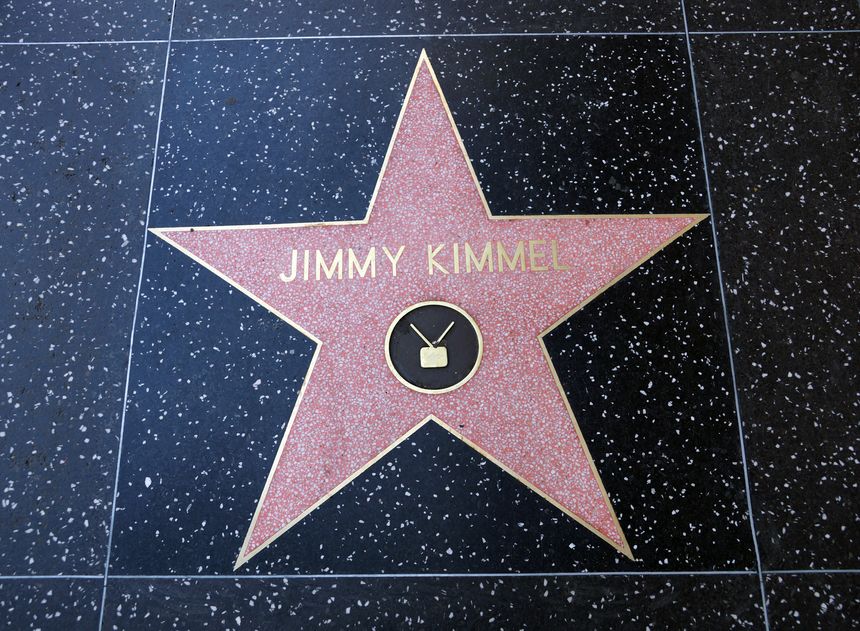Well, President Trump commuted former Congressman George Santos's sentence just 84 days into his 87-month prison term. Now that Santos has been released, lets catch up on his copyright lawsuit against recent target of President Trump, late night talk show host Jimmy Kimmel.
In case you missed it, in 2024 disgraced former Congressman George Santos sued late-night show host Jimmy Kimmel along with ABC and Disney for copyright infringement after Kimmel played videos Santos recorded for the platform Cameo on Kimmel's primetime show, Jimmy Kimmel Live! ("JKL").
Under fictitious names, Kimmel asked Santos to make ridiculous videos—for example: please congratulate my legally blind niece Julia on passing her driving test—and Santos obliged. Of course, Santos did not know these requests were submitted by Kimmel, and he certainly did not know the videos would play on national television as part of a JKL segment called, “Will Santos Say It?”
As I previously reported, the District Court dismissed Santos’s copyright claims as barred by fair use. Santos appealed, arguing the fair use exception does not apply because (i) JKL’s use of the videos was not transformative; and (ii) JKL procured the videos in bad faith by requesting them under fake names.
In a very short opinion, the Second Circuit affirmed: Santos’s copyright claims are barred by fair use.
JKL’s use of the videos was transformative. The Second Circuit rejected Santos’s argument that because JKL “instigated” the creation of the original works, JKL “designed” the original purpose of the works, and its secondary use is not transformative. Santos does not dispute that JKL used the videos for the purpose of commenting on Santos’s willingness to say absurd things for money. And while he claims he created the videos for the same purpose, it is not up to the original creator to decide the original purpose. “Purpose” is up to the reasonable observer, and no reasonable observer would believe that Santos created the videos to comment on his own willingness to say absurd things for money.
JKL’s deceptive conduct does not negate fair use. The Court also rejected Santos’s argument that “bad faith” on JKL’s part renders the fair use defense unavailable. While it is true that fair use presupposes good faith and fair dealing, “good faith” just means that the secondary does not act with intent to “supplant” the copyright holder’s interests in the original works. Here, JKL’s intent—according to Santos’s own allegations—was to comment on Santos’s willingness to saying just about anything for $400.




/Passle/5cb04e9a989b6e13ecfcf95d/MediaLibrary/Images/2026-01-25-21-07-45-516-69768621511eaff31e8fbcf1.png)